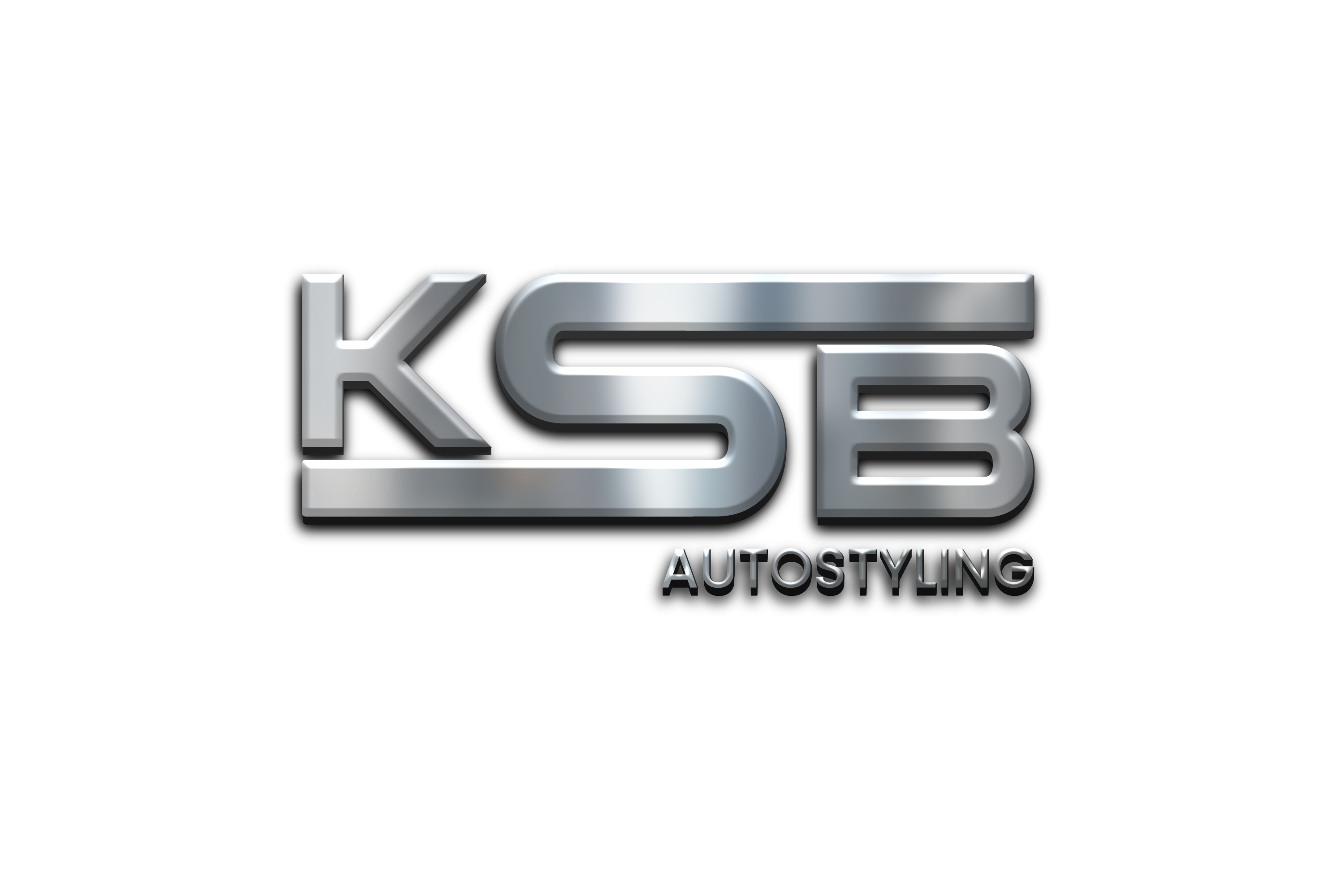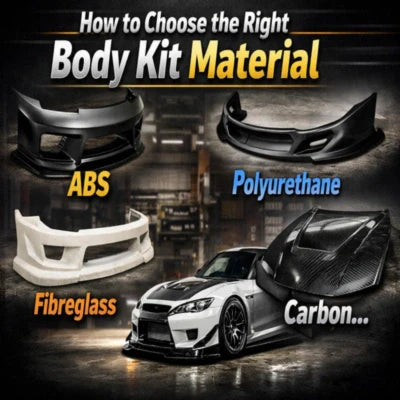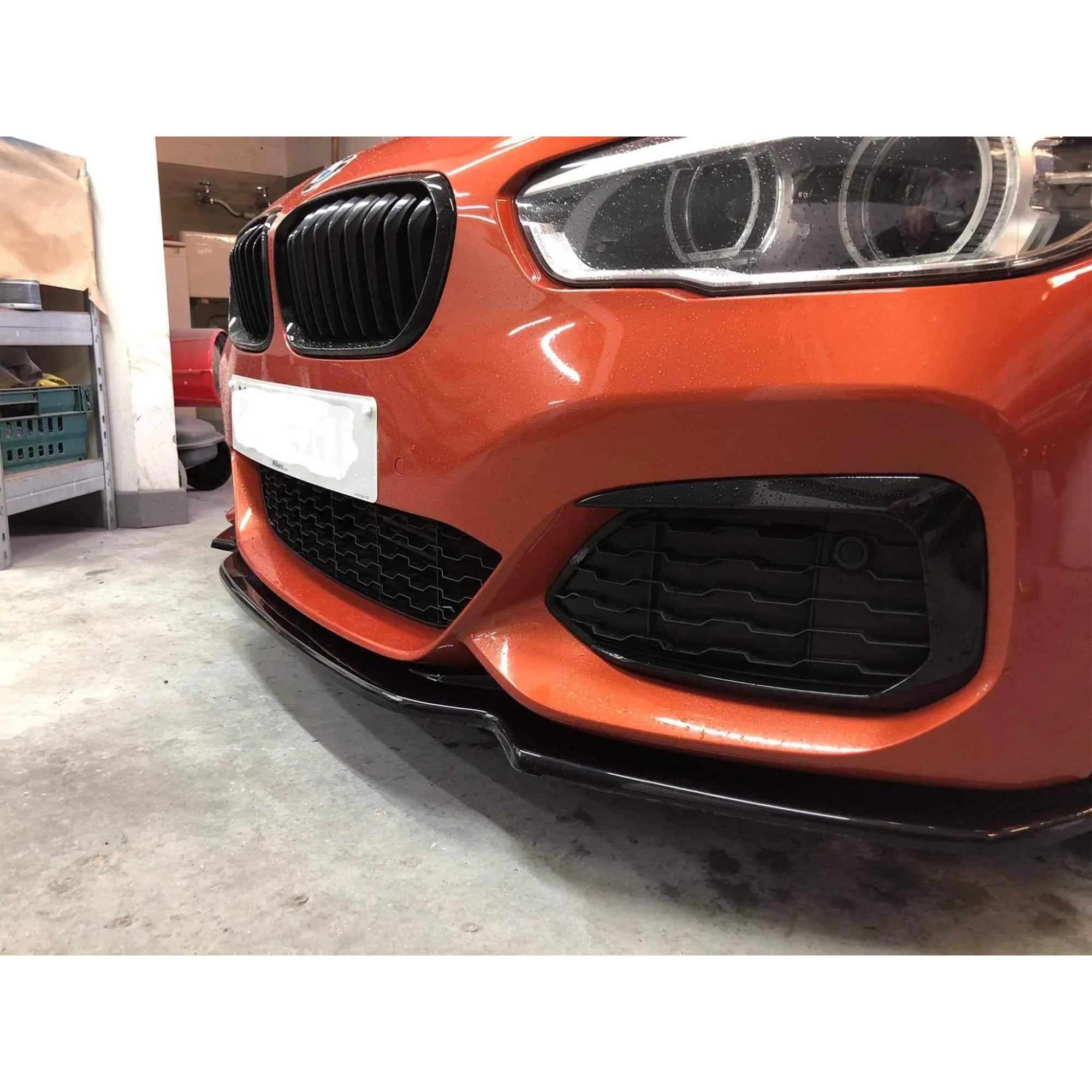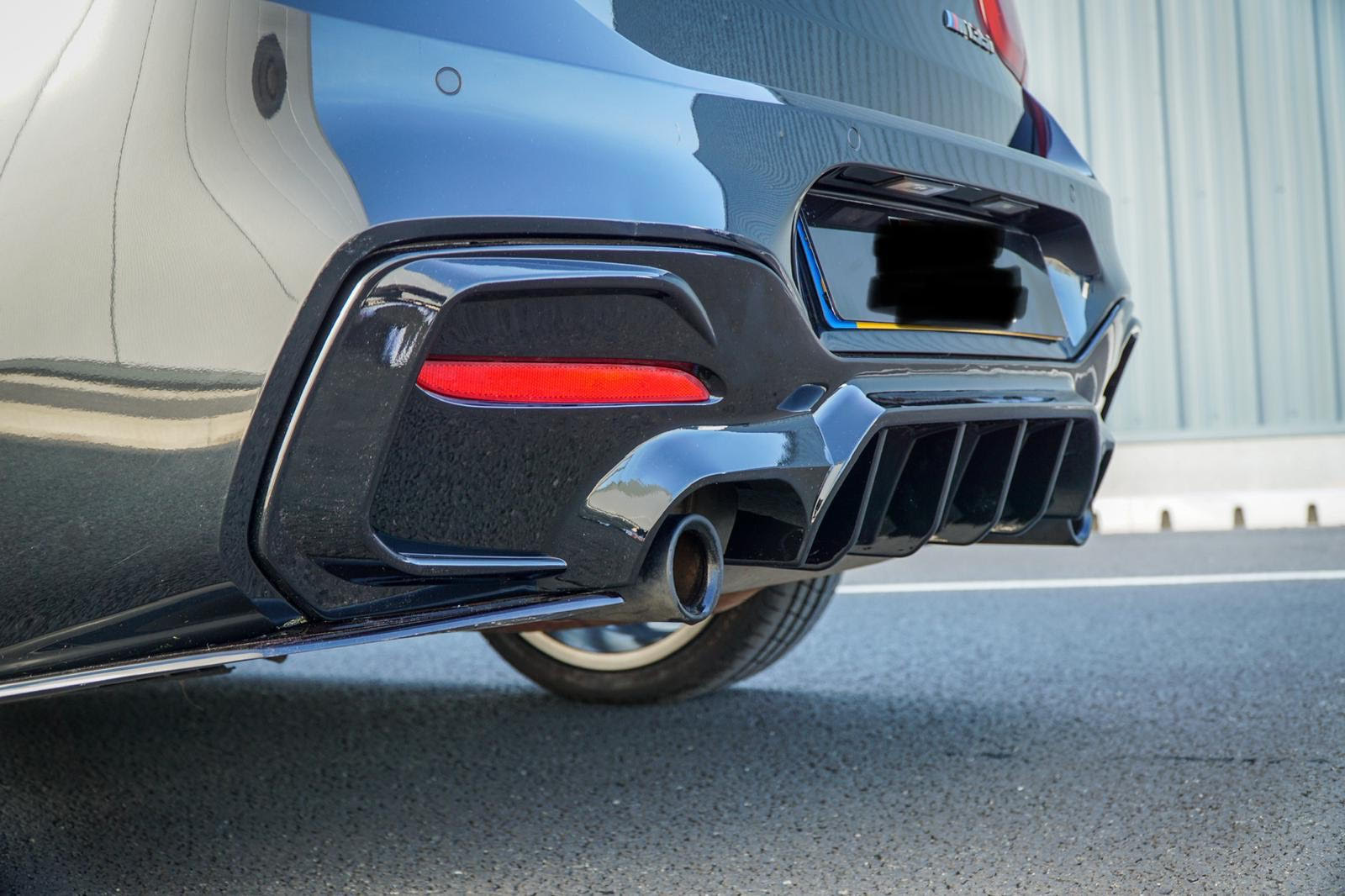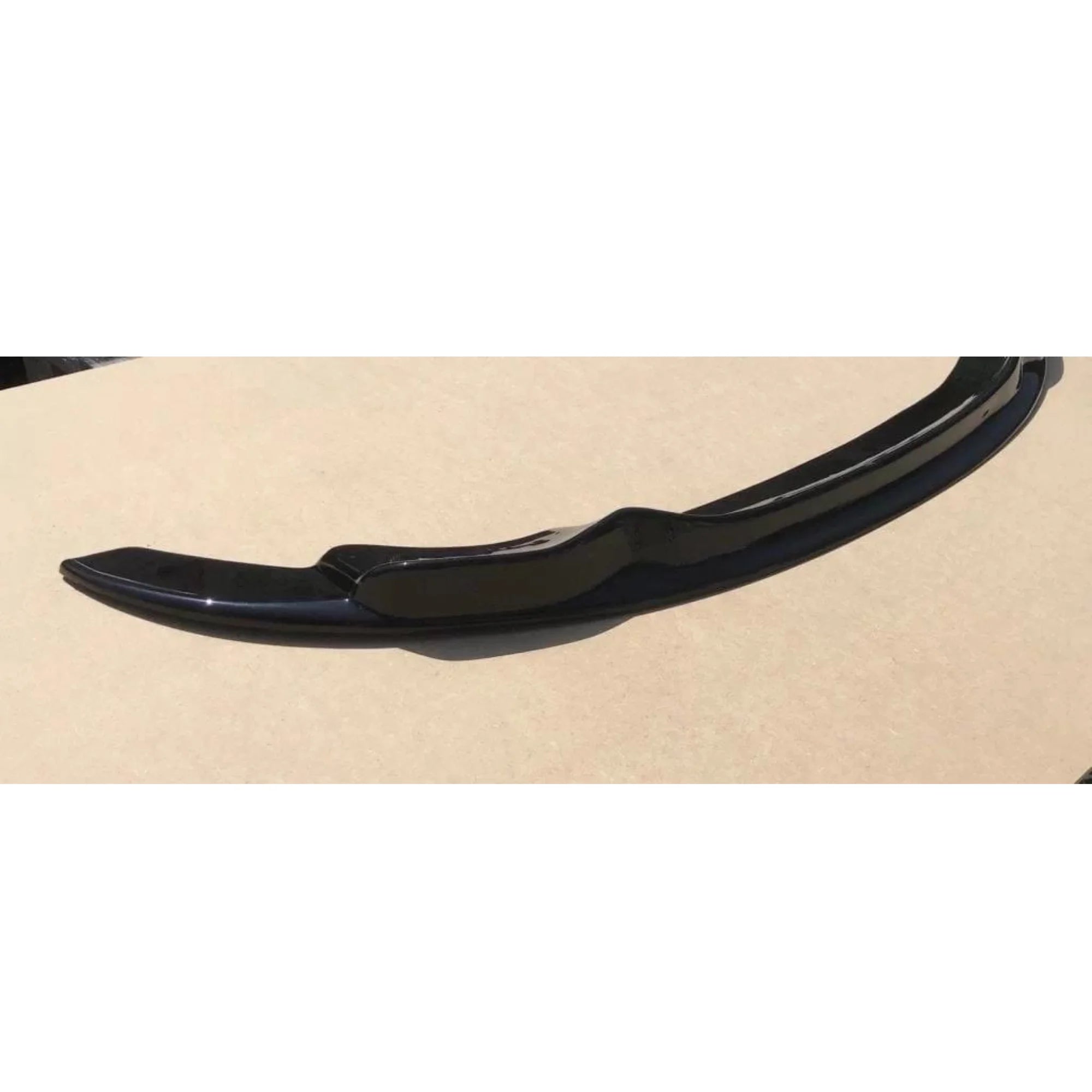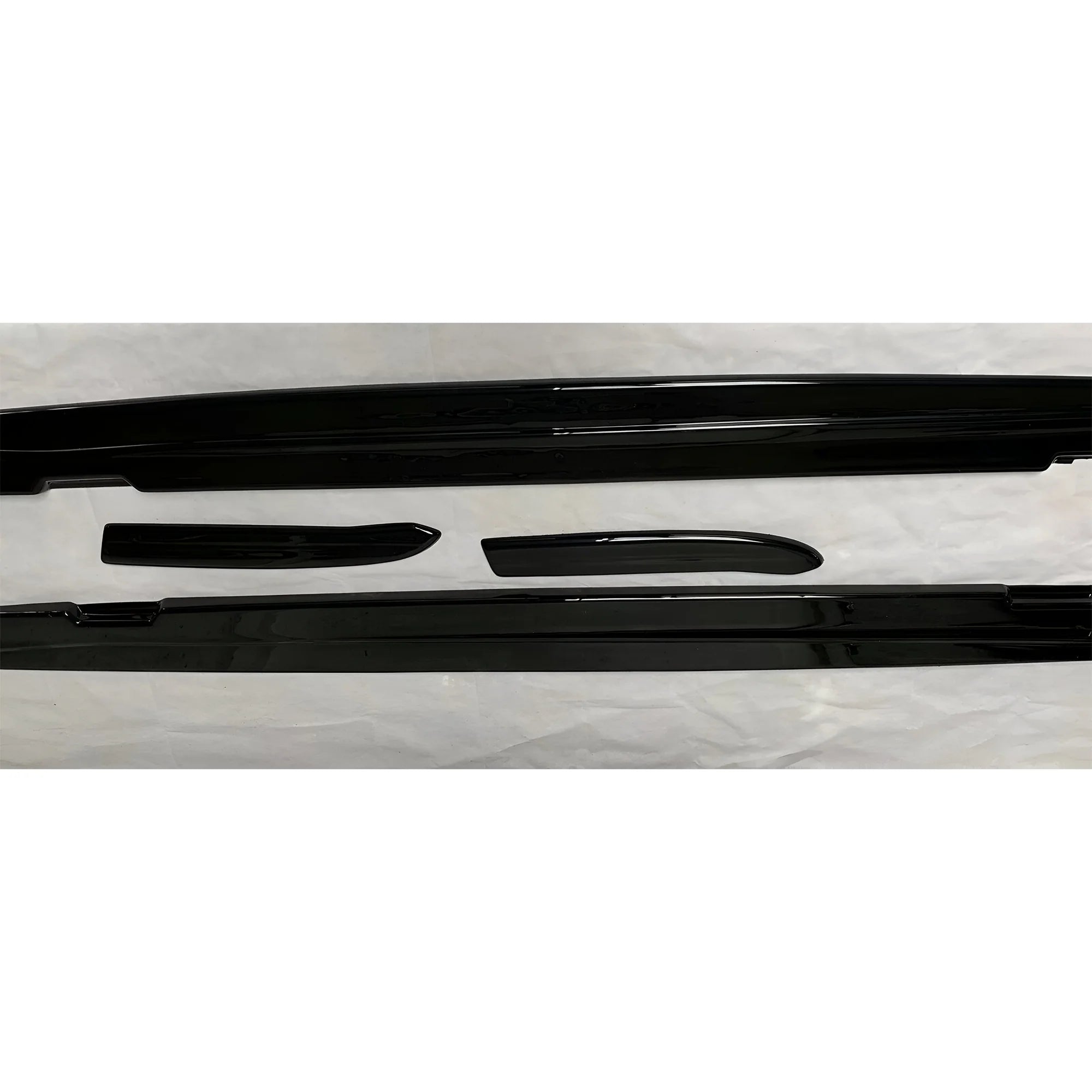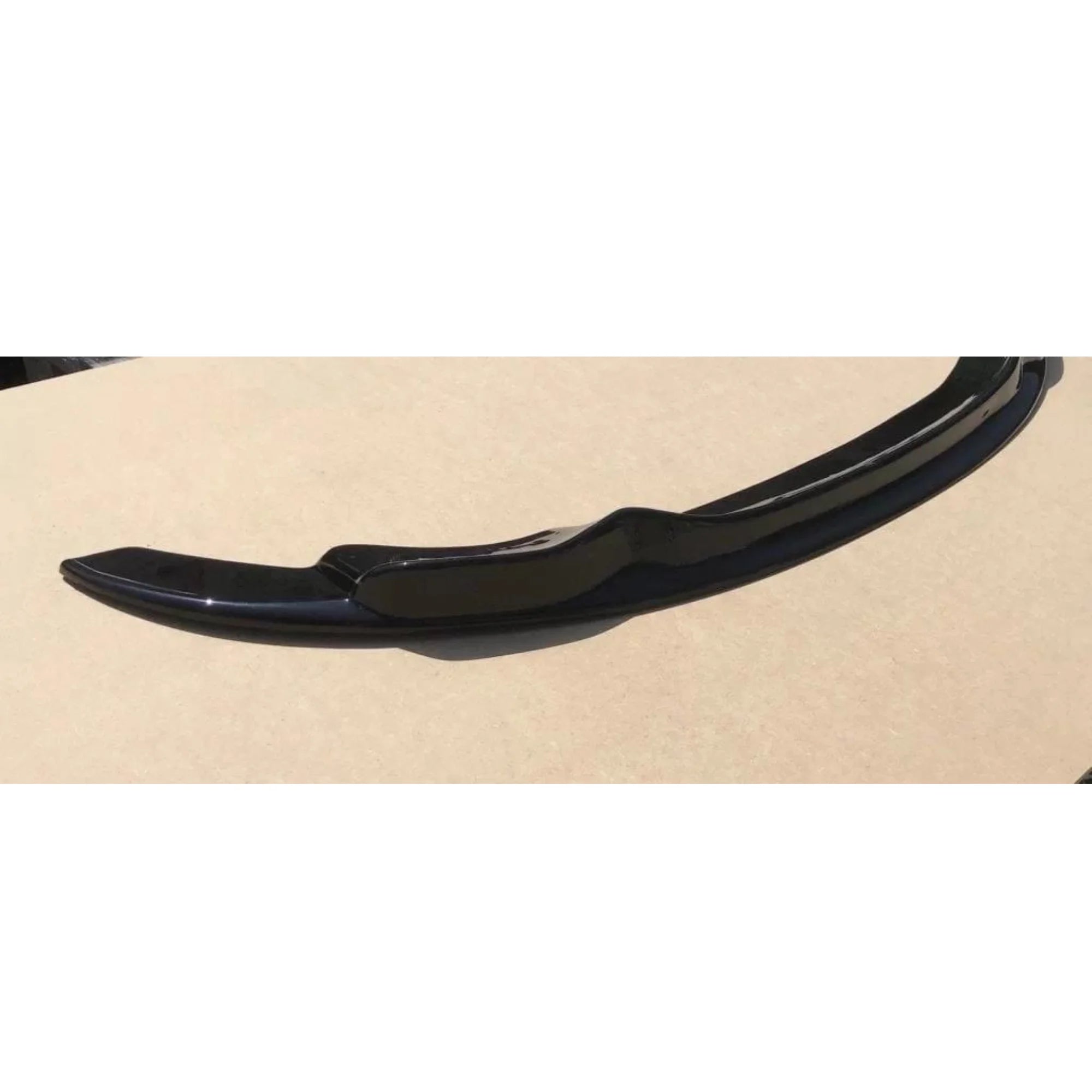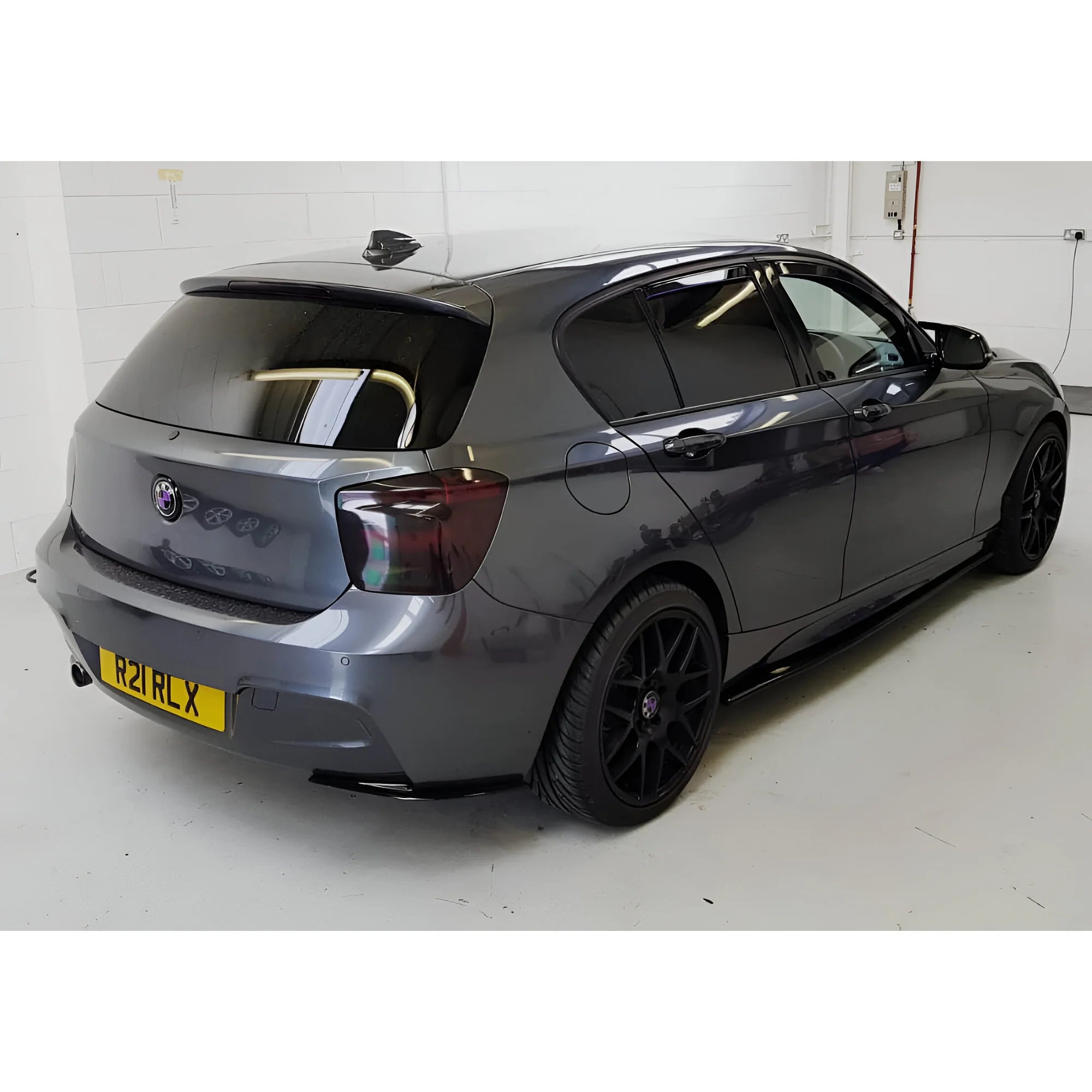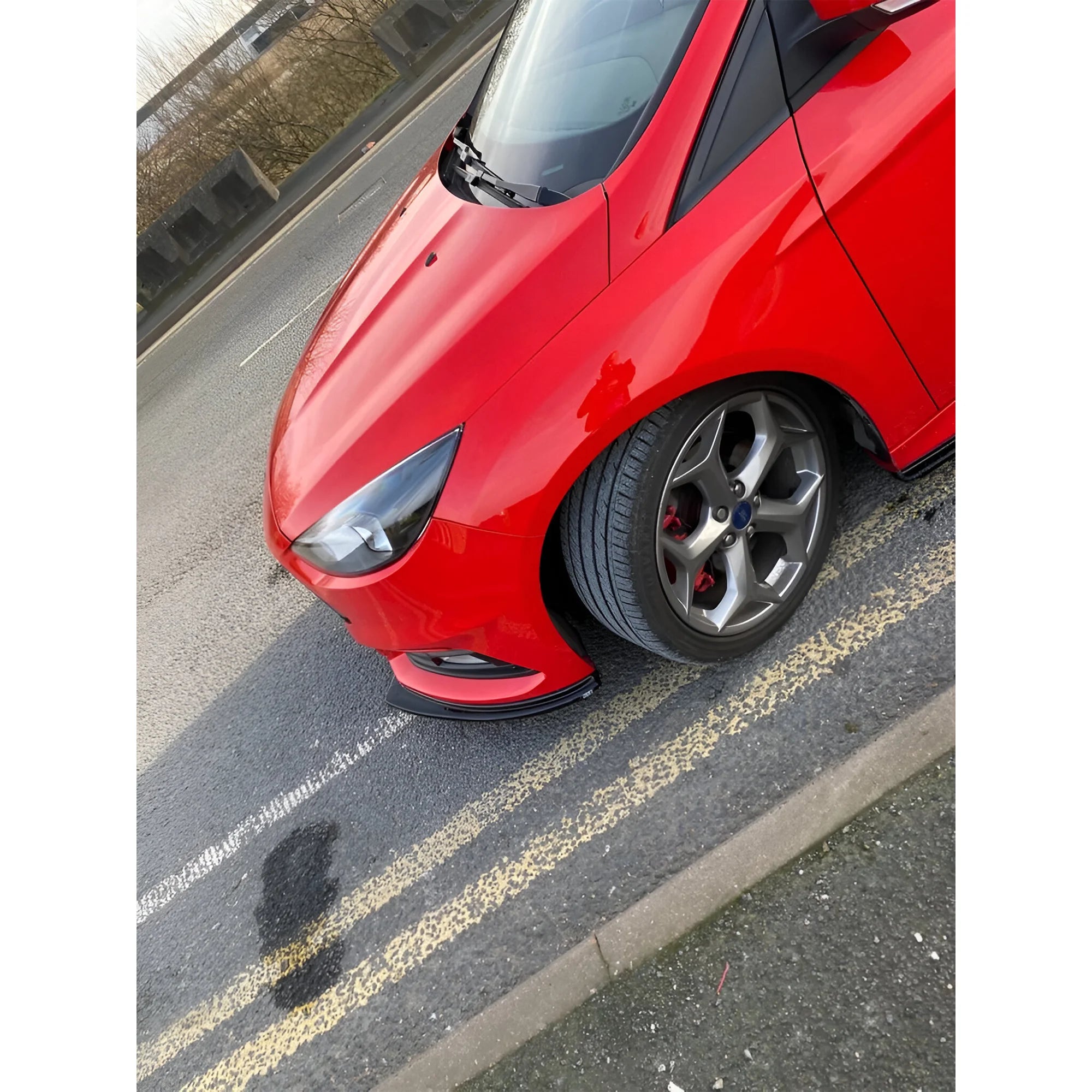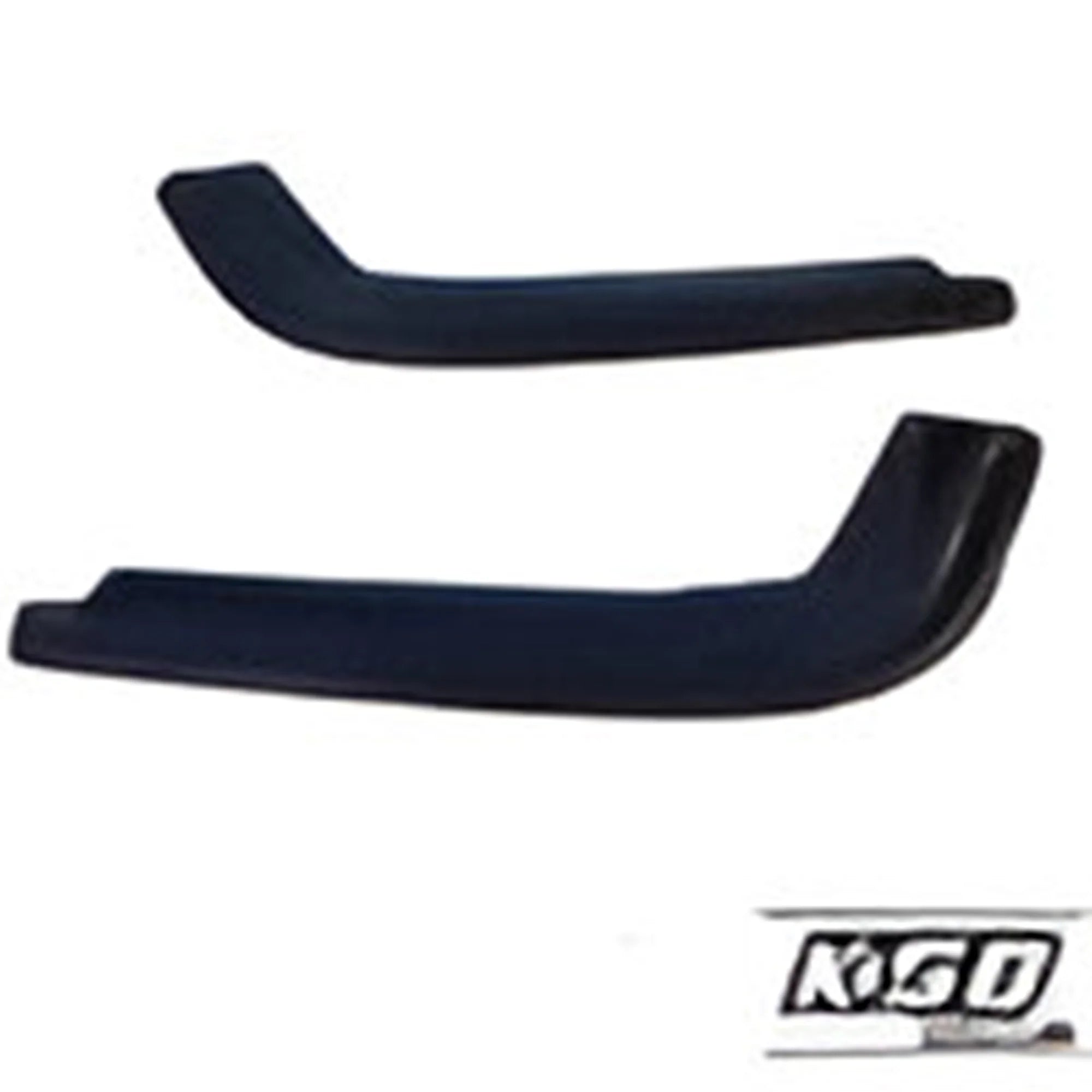
How to Maintain Your Ford’s Engine?

The engine serves as the heart of your vehicle, requiring smooth operation to keep your car in motion. The importance of engine maintenance cannot be overstated. To maintain the performance of your Ford, simply adhere to the basic guide designed by the company. There is no need to get worried about making your own strategy. Regularly perform routine inspections, change engine oil, replace filters when needed, etc.
Change Oil Regularly
One of the most critical maintenance tips for your Ford engine is oil change. Engine oil plays an important role in ensuring that all parts of the machine remain lubricated, thus minimising wear and tear. For most Ford models, an oil life monitor calculates the ideal timing for an oil change. When it reaches 5%, the message centre will show ‘change the oil soon’. On 0%, the message will be ‘oil change required’. Taking these messages seriously and adhering to regular oil change is imperative. Neglecting this can lead to potential damage to your engine. Among other maintenance tips, this one is the most fundamental and basic for a car. Frequent oil changing is crucial for the optimal condition of the engine. Sometimes, consider changing the oil filter also. To conclude, check the oil manually on a monthly basis, along with responding to the monitor signs. In addition, take the manufacturer’s recommendation into account.
Check Cooling System
There are various advancements, but our engines release a lot of heat while functioning. The components of your engine have a strained relation with this excessive heat. Hence, it is crucial to have an adequate cooling system and an uninterrupted supply of coolant in the reservoir. Occasional cooling system service or radiator flush effectively eliminates the contaminants that are stuck in.
Inspect the Leakage
An oil leak following an oil change is due to a cracked gasket. The material used in gasket formation often gets brittle with time. As a result, they may crack in hard weather conditions. Such a gasket is not able to seal the oil; it begins to drip and seep out beneath your vehicle. Before your drive, take a look at the ground for any sign of gas leakage. Whenever you suspect a leakage, start inspection with the gasket. It is advised to visit a nearby mechanic for a thorough examination, as the engine oil level is highly critical to the car’s performance.
Change the Fuel Filter
A clean and functional fuel filter is essential for the uninterrupted supply of fuel to the engine. Just like other filters, fuel filters become clogged over time when subjected to air or liquid filled with contaminants such as dust, dirt and debris. A clogged filter does not feed the engine with fuel efficiently; hence, the engine’s performance is affected. It can even lead to misfires. Thus, regular checks and replacement of fuel filters are necessary to maintain the health of Ford’s engine for optimal performance.
Don’t Forget to Replace the Spark Plugs
Spark plugs are the minor components of the engine. Their task is to create a spark that causes the ignition in the cylinder. Over time, these plugs may become clogged or cracked, resulting in poor engine performance. Changing spark plugs not only enhances the engine’s working but also improves fuel economy. A thorough cleaning is beneficial, along with occasional replacement of plugs.
Engine Lights – Checked
Consider these lights as calls for assistance. Never ignore these lights; if you cannot reach the hidden issue, visit a local mechanic for a proper inspection. The lights are governed by a self-diagnostic programme built to save the engine. Not all the time the signs mean something severe has happened, but you cannot differentiate when the sign indicates a serious problem. Thus, taking these signs seriously is imperative.
Inspect Your Car’s Battery
Batteries often cause engine problems; hence, it is essential to examine the battery. Make sure to check the battery and its terminals for any sign of corrosion. Especially when you feel reduced power, know that the battery has to be checked. Corrosion is like the rusting of a metal, and it leaves green or blue powder. Other than corrosion, look for any deformation or swallowing of the battery. This is a sign of overcharging, or the battery might have turned dysfunctional. Visit a battery expert and ask for a replacement.
To maximise the life and working of your engine, the tips suggested above are essential. Contact KSB Autostyling for all your car needs.
